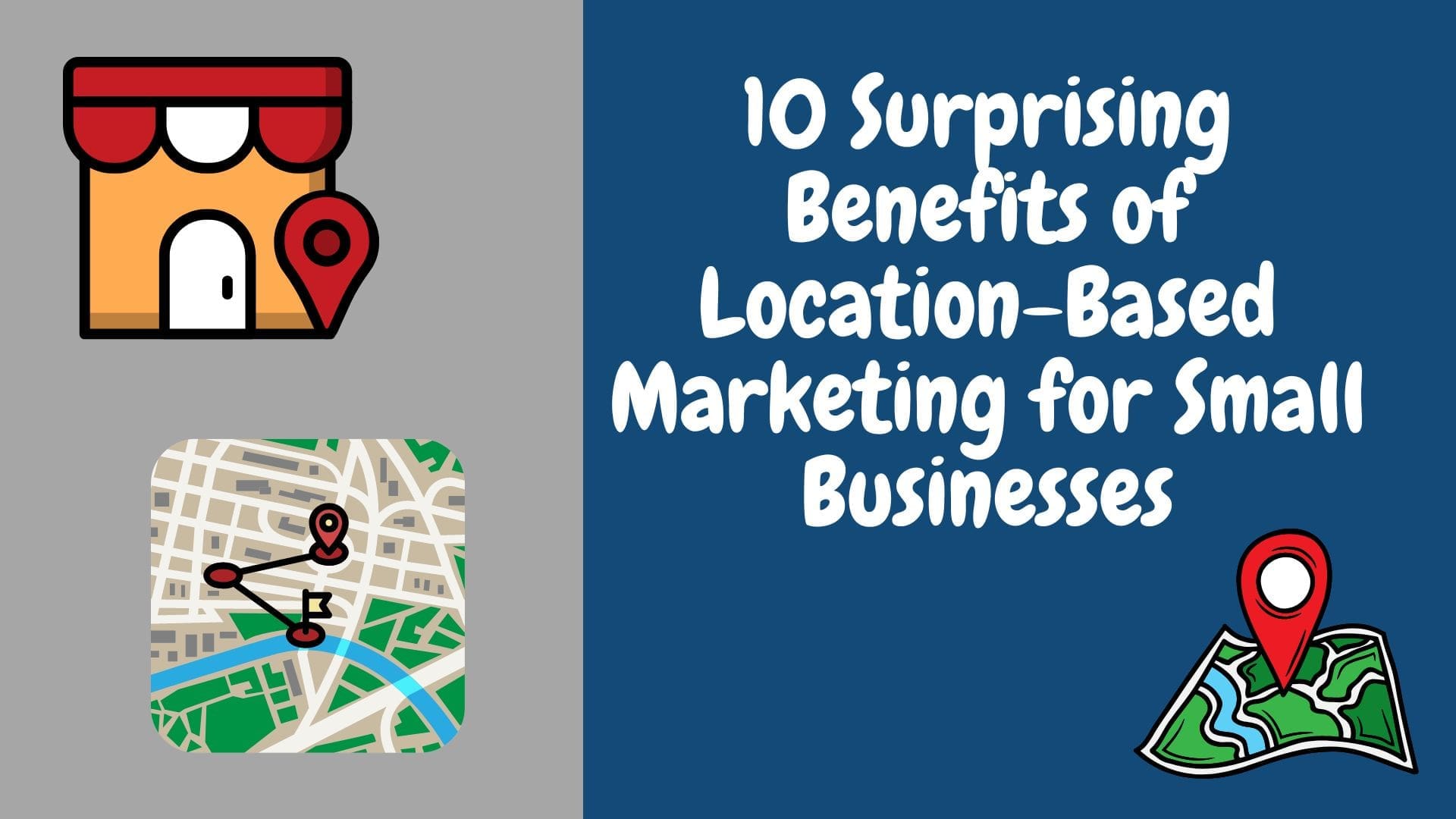
Location-based marketing (LBM) is a powerful advertising strategy that targets customers based on their real-time geographical location. By using technologies like GPS and geofencing, small businesses can deliver tailored, relevant ads and promotions to consumers when they’re most likely to be interested. In this article, we will discuss 10 benefits of location-based marketing that can help small businesses grow both online and offline, ultimately leading to increased sales and customer engagement.
One of the most significant benefits of location-based marketing is its ability to drive foot traffic to your business. By targeting potential customers nearby, businesses can entice them to visit by offering deals and promotions specific to their location. For example, a restaurant could send a notification about a limited-time discount when a user is within a certain radius.
Our Advertising Intelligence tool can help you create and manage location-based campaigns effectively, ensuring you reach the right customers at the right time.
Location-based data can provide valuable insights into customer behavior, such as purchase patterns, frequency of visits, and even dwell time at your store. By analyzing this data, businesses can identify trends and make data-driven decisions to improve their overall customer experience.
For example, if you notice that consumers spend more time in a specific area of your store, you can prioritize showcasing new products or promotions there. Take advantage of our Business Dashboard to gain valuable insights and improve customer interactions based on real-time data.
Location-based marketing enables businesses to target specific audiences based on their physical location. This means that your marketing efforts can be tailored to consumers who are more likely to be interested in your products or services, increasing the chances of conversion.
For example, a gym could target users within a specific location and age group who have shown an interest in fitness. Learn more about effective targeting strategies through our SEO services.
By delivering promotions, deals, and relevant content to consumers based on their location, businesses can increase customer interaction and engagement. For example, a retail store might send a push notification to a user nearby, offering them a personalized discount based on their shopping history.
For more ideas on how to grow your business with digital marketing strategies, check out our blog post on 6 ways that online marketing can grow your business.
Personalized, location-based marketing can help improve customer loyalty and retention by making consumers feel valued and understood. Businesses that leverage location data to tailor their marketing efforts are more likely to create a loyal customer base, as consumers appreciate the effort to provide relevant and personalized experiences.
Location-based marketing can help small businesses compete with larger competitors by providing a more targeted and personalized experience. By focusing on the immediate needs and preferences of local customers, small businesses can differentiate themselves from larger corporations and attract more customers.
Our blog post on the benefits of local SEO dives deeper into how small businesses can gain an edge in their local market.
Location-based marketing allows businesses to track and analyze their campaigns in real-time, providing valuable feedback on the effectiveness of their strategies. By monitoring the performance of location-based ads and promotions, businesses can make data-driven decisions to optimize their marketing efforts and improve their overall ROI.
Compared to traditional advertising methods, location-based marketing can be a more affordable and effective alternative. By targeting customers based on their location, businesses can ensure their ads are reaching the most relevant audience while reducing overall advertising costs.
Location-based marketing can help businesses identify expansion opportunities by analyzing customer data and identifying trends in specific geographic areas. By understanding the preferences and behaviors of customers in different locations, businesses can make informed decisions about where to open new locations or expand their offerings.
Ultimately, the goal of location-based marketing is to drive increased sales for your business. By leveraging data to target the right audience and create personalized experiences, businesses can boost sales and improve their bottom line.
Location-based marketing offers numerous benefits to small businesses, from increased foot traffic and customer engagement to better-targeted advertising and expansion opportunities. By adopting a location-based marketing strategy, small businesses can gain a competitive advantage and ultimately drive increased sales. Start leveraging the power of location-based marketing today and watch your business grow.
Q: What is location-based marketing?
A: Location-based marketing (LBM) is an advertising strategy that targets customers based on their real-time geographical location, using technologies like GPS and geofencing.
Q: How can small businesses adopt location-based marketing?
A: Small businesses can adopt location-based marketing by using tools and platforms that offer geotargeting, geofencing, and location-based data analytics. Implementing location-based marketing strategies in digital advertising, social media, and SEO efforts can help reach local customers more effectively.
Q: Why is location-based marketing important for small businesses?
A: Location-based marketing is important for small businesses because it allows them to reach customers more effectively based on their location, helping to drive foot traffic, increase customer engagement, and ultimately boost sales.
Q: What are the best practices for location-based marketing?
A: Best practices for location-based marketing include ensuring data privacy, creating personalized and relevant content, using the right targeting and segmentation strategies, and continuously analyzing and optimizing campaigns based on real-time data.
Q: What are some examples of successful location-based campaigns?
A: Successful location-based campaigns include businesses offering personalized discounts or promotions to customers nearby or leveraging location-based data to optimize in-store layouts and product displays. Additionally, businesses might use location data to identify expansion opportunities or improve targeting in digital advertising campaigns.
Q: How can businesses measure the success of their location-based marketing efforts?
A: Businesses can measure the success of their location-based marketing efforts by tracking key performance indicators (KPIs) like foot traffic, customer engagement, sales, and ROI. Analyzing these metrics will help businesses understand the effectiveness of their location-based campaigns and make data-driven decisions to optimize their strategies.
You must be logged in to post a comment.
